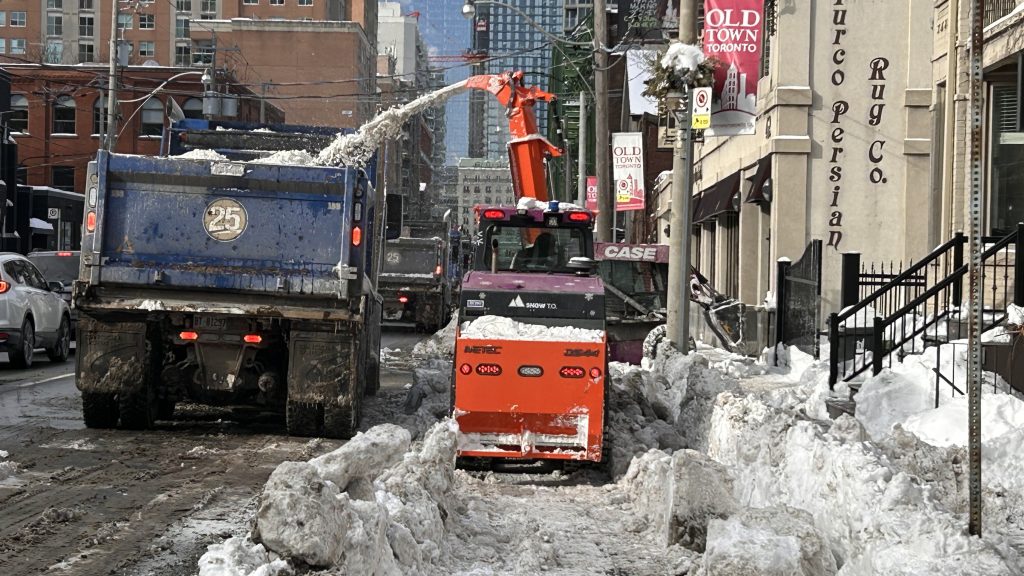The proposal to reform Toronto's zoning laws has ignited a spirited conversation about enhancing neighborhood amenities, allowing residents to shop, dine, and relax closer to home. This notion resonates particularly with long-time residents who recall a time when local corner stores thrived in their communities.
Supporters of the plan, including Councillor Josh Matlow, emphasize the benefits of localized retail. "There are many neighborhoods where people would love to have a grocer where they can walk to rather than drive to, to have a cafe where they can meet up with friends and family, to have other types of retail that works within the neighborhood," Matlow expressed. Drawing from his personal experience, he stated, "When I moved into this neighborhood 30 years ago, there were corner stores, so I don’t have any problem with it. I actually liked having local shopping."
Other residents have echoed this sentiment, highlighting the convenience of having accessible services. One local noted, "There are definitely a lot of residential areas in the city where that kind of stuff takes a really long time to get to, so I can see that being a good policy in general."
Mayor Olivia Chow is also backing the initiative, asserting its importance for community development. "This is about making the neighborhoods more complete, walkable, and safer for families. That’s a caring city in action, a city that delivers for folks in Toronto," Chow stated, underscoring the administration's commitment to creating more vibrant living spaces.
Despite the apparent enthusiasm for local businesses, significant concerns persist regarding what types of establishments would materialize in these newly permitted zones. One resident expressed skepticism about the saturation of cannabis stores, saying, "We don’t need another weed shop; five per street is kind of enough." Another added that while coffee shops could be welcome, they had reservations about bars due to noise and crowd issues.
These apprehensions are shared among many city councillors, as they currently lack the authority to dictate the business types that can establish themselves in these areas. Councillor Parthi Kandavel pointed out, "The core of it is not about a neighborhood grocery store, who wouldn’t love that? But it’s more about the nature and the ability to permit certain uses, like alcohol, cannabis, shroom shops popping up. Right now we don’t have that legal authority; that rests with the province."
The largely unfavorable reception of the zoning changes became evident when over 3,000 comments opposing the proposal were collected, raising concerns about increased foot traffic, security, noise pollution, unpleasant odors, and garbage collection. Councillor Stephen Holyday explained, "Some of the dominant concerns were conflicts, people coming and going throughout the day, worries about security, worries about noise, about smells, about garbage collection."
As a result, the original proposal faced significant alterations, leading to a different approach being introduced in the upcoming council meeting. Councillors are set to vote on a plan that permits storefronts in specific residential areas along major streets. Nonetheless, Matlow remains optimistic about the need for corner stores, advocating for a system that allows wards to opt in or out based on their preferences. "If you don’t want it, you don’t need to have it today, but allow those of us who do want to try it to show you that not only did the sky not fall, and the zombie apocalypse didn’t happen, but that it actually benefits your quality of life," Matlow argued.
The conversation around modifying Toronto's zoning laws reflects deeper desires for community-focused amenities while also revealing the complexities of urban planning and local governance.












